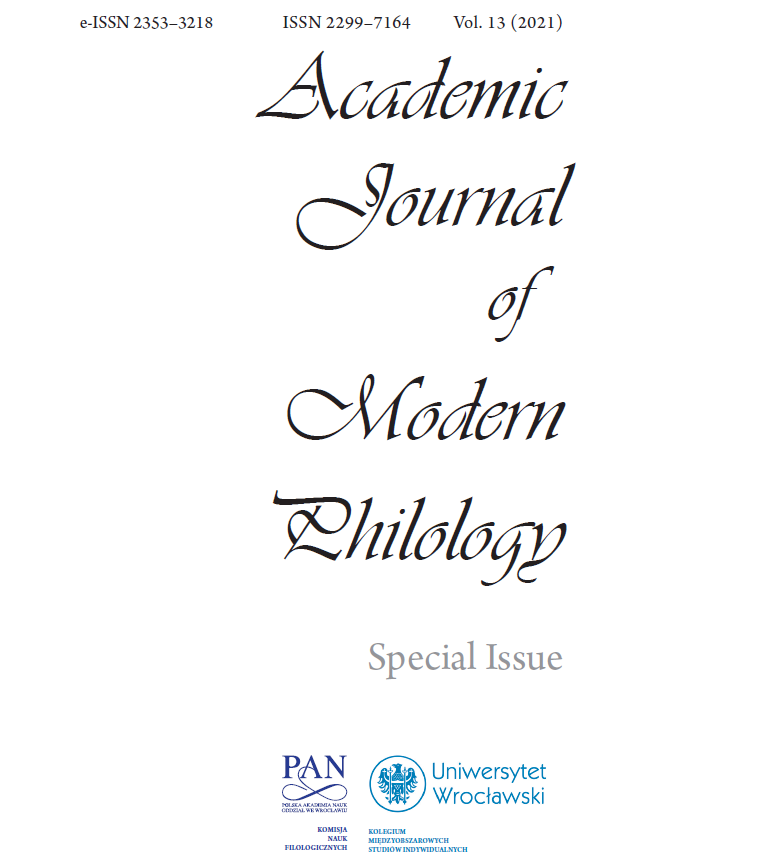The French Terminology of the Women’s Ready-to-Wear Business: A Challenge for Translators, a “Boundary Creator” for Language Users
The French Terminology of the Women’s Ready-to-Wear Business: A Challenge for Translators, a “Boundary Creator” for Language Users
Author(s): Marie-Alice ReboursSubject(s): Language studies, Language and Literature Studies, Theoretical Linguistics, Semantics, Philology
Published by: Komisja Nauk Filologicznych Oddziału Polskiej Akademii Nauk we Wrocławiu
Keywords: borrowing; ellipsis; necrology; ready-to-wear; semantic shift; terminology renewal
Summary/Abstract: Fashion, including the ready-to-wear business, is a major sector in the French economy, larger than the car or aerospace industries. Additionally, Paris remains one of the world’s fashion capitals. Yet, the study of the related terminology appears quite restricted in France. This field does not seem considered as a fully-fledged specialty, even though this terminology is part of the daily life of speakers. Apart from lexical borrowings – from English mainly – three recurrent phenomena may cause interlingual and intralingual difficulties, which could be perceived as terminological boundaries: ellipsis, which turns borrowings into pseudo-borrowings, terminology renewal, characterized by creations and disappearances of terms, and semantic shift, characterized by extensions, modifications, and restrictions. After a presentation of the French terminology of the women’s ready-to-wear business, this paper illustrates these phenomena (ellipsis, regular terminology renewal and semantic shift) and their impacts on interlingual and intralingual translation. This illustration is based on a diachronic corpus, covering the period from the 1950s until 2020, compiled from French mail order catalogs.
Journal: Academic Journal of Modern Philology
- Issue Year: 2021
- Issue No: 13
- Page Range: 253-263
- Page Count: 11
- Language: English

